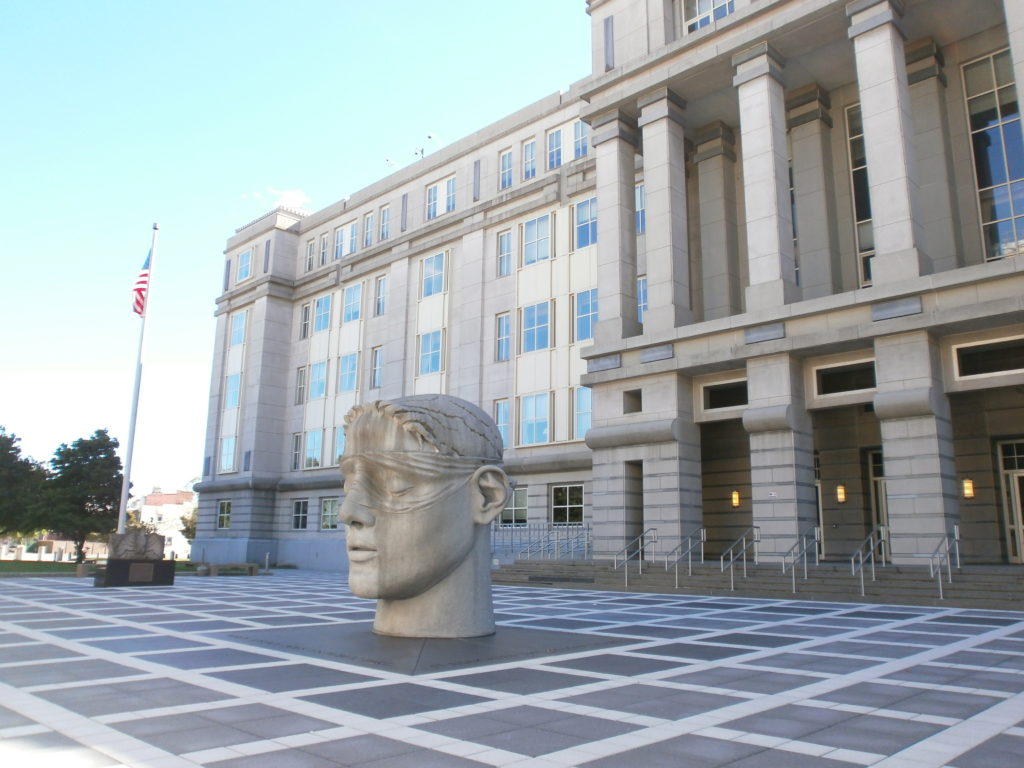Feds: Unconstitutional Conditions in the Cumberland County Jail

The Department of Justice’s Civil Rights Division and the U.S. Attorney’s Office for the District of New Jersey today announced that they believe the Cumberland County Jail failed to take measures to prevent inmate suicides and provide adequate mental health care.
The Department concluded that there is reasonable cause to believe that the facility failed to screen for or provide adequate mental health treatment to inmates at risk of self-harm and suicide, in violation of the Eighth and 14th Amendments of the Constitution. The Department alleged that inmates faced a heightened risk of self-harm and suicide due to the jail’s failure to provide medication-assisted treatment, where clinically indicated, to inmates experiencing unmedicated opiate withdrawal.
“The opioid epidemic continues to afflict communities across the country,” Acting U.S. Attorney Rachael A. Honig said. “By providing medication-assisted treatment to inmates experiencing opiate withdrawal, officials at jails and prisons can take significant steps to both combat that epidemic and protect the constitutional rights of incarcerated individuals. We have been encouraged by the cooperation of Cumberland County Jail officials throughout our investigation, and their stated commitment to ensure the safety and constitutional rights of their inmates. We look forward to continuing to work with them to resolve these significant concerns.”
“Our investigation revealed that Cumberland County fails to provide adequate mental health care to inmates at risk of self-harm and suicide,” Acting Assistant Attorney General for Civil Rights John B. Daukas said. “We look forward to working with County officials to ensure that the jail provides constitutionally adequate care, including medication-assisted treatment for inmates experiencing unmedicated opiate withdrawal, when appropriate.”
Although the Cumberland County Jail, located in Bridgeton, New Jersey, recently began providing medication-assisted treatment to inmates experiencing opiate withdrawal, the funding for such future treatment remains uncertain.
As required by the Civil Rights of Institutionalized Persons Act (CRIPA), the Department provided the facility with written notice of the supporting facts for these alleged violations and the minimum remedial measures necessary to address them.
The Civil Rights Division and the U.S. Attorney’s Office for District of New Jersey initiated the investigation in June 2018 under CRIPA, which authorizes the Department to take action to address a pattern or practice of deprivation of constitutional rights of individuals confined to state or local government-run correctional facilities.
Additional information about the Civil Rights Division of the Justice Department is available on its website at www.justice.gov/crt. Individuals who believe their civil rights may have been violated may file a complaint with the U.S Attorney’s Office at http://www.justice.gov/usao-nj/civil-rights-enforcement/complaint.
The government is represented by Assistant U.S. Attorney Michael E. Campion, Chief of the Civil Rights Unit; Assistant U.S. Attorney Kristin Vassallo, Deputy Chief of the Civil Division; Mary Bohan, Deputy Chief of the Civil Rights Division’s Special Litigation Section; Marlysha Myrthil, Senior Trial Attorney, Special Litigation Section; and Curtis Harris, Trial Attorney, Special Litigation Section.










Leave a Reply